HONG KONG—The Chinese regime recently gave the go-ahead to Hong Kong Chief Executive Leung Chun-ying to use violence against crowds of democracy protesters.
When Leung did as instructed, however, a different faction of the Chinese regime spied on his supporters and widely publicized his acts of violence. Meanwhile, the protesting crowds only swelled.
Hong Kong students went on strike on Sept. 22 to call for true universal suffrage for the city-state. Later the strike developed into what is now called the Umbrella Revolution, attracting worldwide attention and putting pressure on the Chinese Communist Party (CCP).
The faction that supports former CCP leader Jiang Zemin is using Hong Kong to fight a political battle against the faction of current CCP leader Xi Jinping.
Sources have reported that the Jiang faction supported Leung’s use of violence because they were trying to create turmoil in Hong Kong and force Xi to send out soldiers to clear the streets, similar to the Tiananmen Square massacre in 1989. Then the Jiang faction would be able to blame Xi and force him to step down.
However, the protesters were not provoked by Leung’s thugs, but maintained peaceful and rational behavior. Rather than diminish the protests, the violence instead inspired more Hongkongers to join the nonviolent protest.
Jiang Faction Calls for Violence
On Oct. 2, official CCP media showed support for Leung and called the protesters’ Occupy Central movement illegal. The media urged the Hong Kong police department to take action and handle the situation according to the law.
To Leung, this meant he had the authority to handle the Umbrella Revolution himself. On Oct. 3, he sent out his hidden army of underground CCP supporters, gangsters, and police in Hong Kong to attack protesting students and citizens.
Police fired pepper spray and tear gas at the protesters, and thugs harassed and slandered them. Leung’s police force enforced the law selectively, allowing the thugs to get away with violence.
Leung deployed the police force from the New Territories, including Lok Ma Chau, an area near the border between Hong Kong and the mainland Chinese city of Shenzhen. The police there are known to be pro-Leung and pro-CCP, and sources have reported that many Lok Ma Chau police are underground CCP members.
Lok Ma Chau is also where the CCP front group Hong Kong Youth Care Association first harassed a Falun Gong information site.
Xi Sends Spies
The Xi faction, meanwhile, had its own strategy. According to sources in a position to know, Xi aims to restrict Leung’s power, and officials serving Xi used this opportunity to collect evidence on Leung and his connections and on those loyal to him within the Hong Kong government and police force.
Sources in Beijing revealed that for the past few days, in addition to the protesting students and citizens in Mong Kok, all kinds of CCP agents from different camps have rallied there and are closely observing the situation.
Xi’s officials have sent large numbers of undercover agents to the site for live reporting. The agents took photos of Leung’s thugs and revealed many of their identities and crimes on Facebook. Video clips of police complying with the gangsters are being widely circulated online.
In addition to agents from the Jiang faction, CCP secret agents have been sent from the United Front Work Department, the Third Department of the General Staff Headquarters, the Overseas Chinese Affairs Office, and Guangdong Province. They are working for different departments and do not share information with one another.
The work by Xi faction’s spies exposing the identities of those working for Leung frightened the gangsters and undercover agents who disrupted the protest, and they no longer dare to create chaos.
Will Leung Resign?
Some have suggested that Leung’s resignation would be the least costly method to satisfy Hongkongers and stop the protests. However, China affair commentator Shi Cangshan said that under the constraint of the current CCP political system and the nature of the CCP, it is impossible to let Leung resign right away.
“Because there are continuous protests happening in mainland China in different cities and provinces, this would lead the CCP to a desperate situation. Furthermore, the Jiang faction may attempt to attack Xi’s faction at any time, and no doubt Jiang would seize the chance to force Xi to step down,” Shi said.
On Sept. 30, when asked if he would resign, Leung did not give a definite yes or no answer. He said that before universal suffrage is implemented, any personnel change would not affect the selection method of the current Election Committee.
On Oct. 2, however, Leung declared firmly to the press that he would not resign.
According to sources in Beijing, all the crimes Leung has committed are in the hands of the Central Discipline Inspection Commission, including the crimes of Leung’s supporters in the government and police who helped him disrupt the protests. The source stated that if Leung is sacked, those police will also be purged.
Translated by Michelle Tsun. Written in English by Sally Appert.
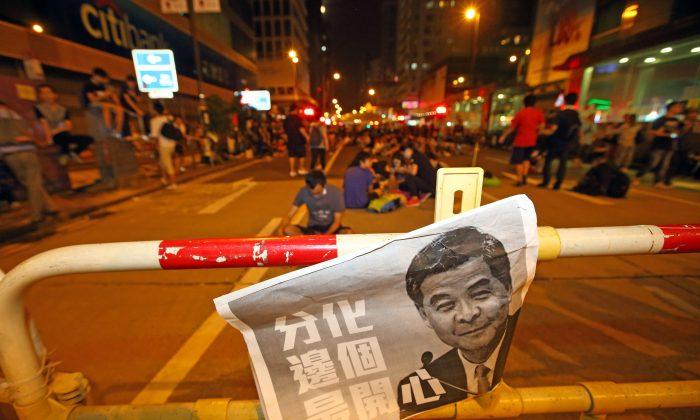

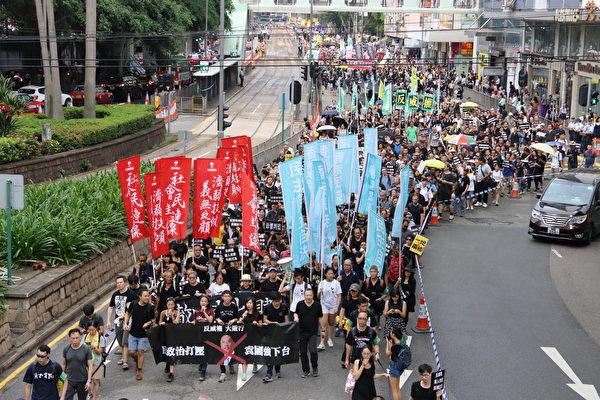
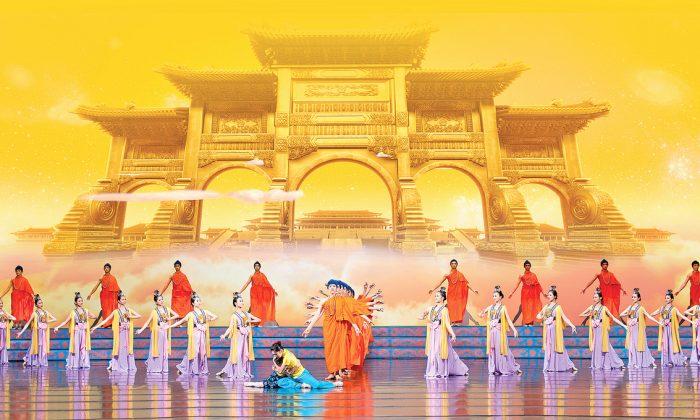
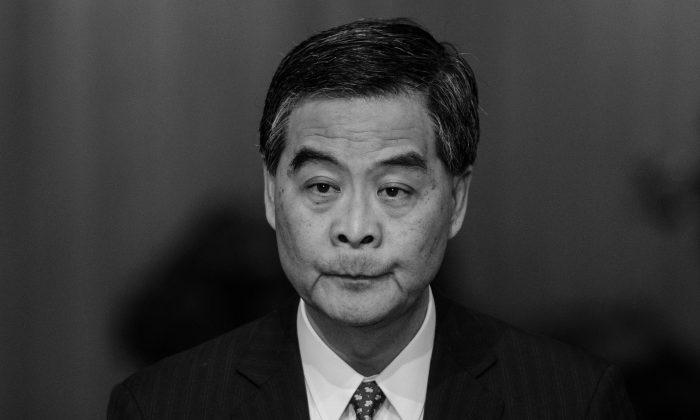
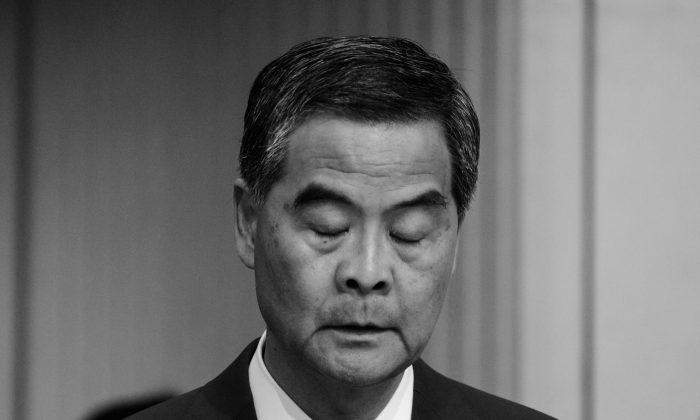
Friends Read Free